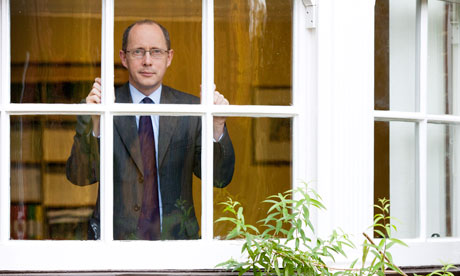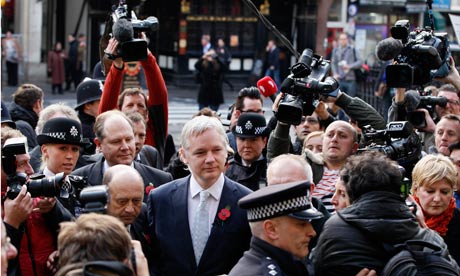ChatGPT
"Wajib ul Qatl" refers to the concept of killing someone in Islamic jurisprudence. It is important to note that Islamic laws can vary based on interpretation and school of thought, and the application of such laws may differ as well. "Wajib ul Qatl" generally falls under the category of capital punishment for specific crimes in Islamic law.
Here are a few specific examples of historical and contemporary instances where the concept of "Wajib ul Qatl" or similar ideas have been applied, either by states or private individuals:
States:
Saudi Arabia: Saudi Arabia follows a strict interpretation of Islamic law known as Wahhabism or Salafism. The country has implemented capital punishment for a range of crimes, including murder and certain forms of drug trafficking, which some consider falling under the category of "Wajib ul Qatl." The government cites Sharia law as the basis for such punishments.
Iran: In Iran, which follows the Twelver Shia branch of Islam, capital punishment is also applied for various crimes under the umbrella of Sharia law. Iran's penal code includes provisions for offenses such as murder, adultery, apostasy, and drug trafficking, which some interpretations might consider as "Wajib ul Qatl" under certain circumstances.
Taliban Rule (Afghanistan): During their previous rule in Afghanistan, the Taliban implemented a strict form of Sharia law, which included public executions for offenses like murder and theft. While not exactly the concept of "Wajib ul Qatl," the severe penalties applied in their interpretation of Islamic law might be seen as a manifestation of such principles.
Private Individuals:
Assassinations for Blasphemy: There have been instances where individuals or groups have claimed to carry out killings based on their perception that someone has committed blasphemy against Islam. These cases often involve private individuals acting out of religious fervor and feeling a duty to enforce what they consider to be "Wajib ul Qatl" against those they deem to have insulted the religion.
Honor Killings: In some cases, families or communities have resorted to violence, including murder, when they believe that an individual has brought dishonor to their family or community through actions that are seen as violating Islamic values. These acts are often justified using religious or cultural reasons, but they are not universally accepted within the Muslim community.
Extremist Militant Groups: Some extremist groups, such as ISIS (Islamic State of Iraq and Syria), have carried out executions and killings of individuals they accuse of various offenses, including collaborating with opposing forces, apostasy, or violating their interpretation of Islamic law. These groups often use a distorted understanding of Islamic teachings to justify their actions.
It's important to emphasize that these examples vary widely in their interpretation and application of Islamic law, and they are not universally accepted within the broader Muslim community. Many Muslims and Islamic scholars reject such extreme interpretations and actions, emphasizing the importance of due process, justice, and avoiding vigilantism.










